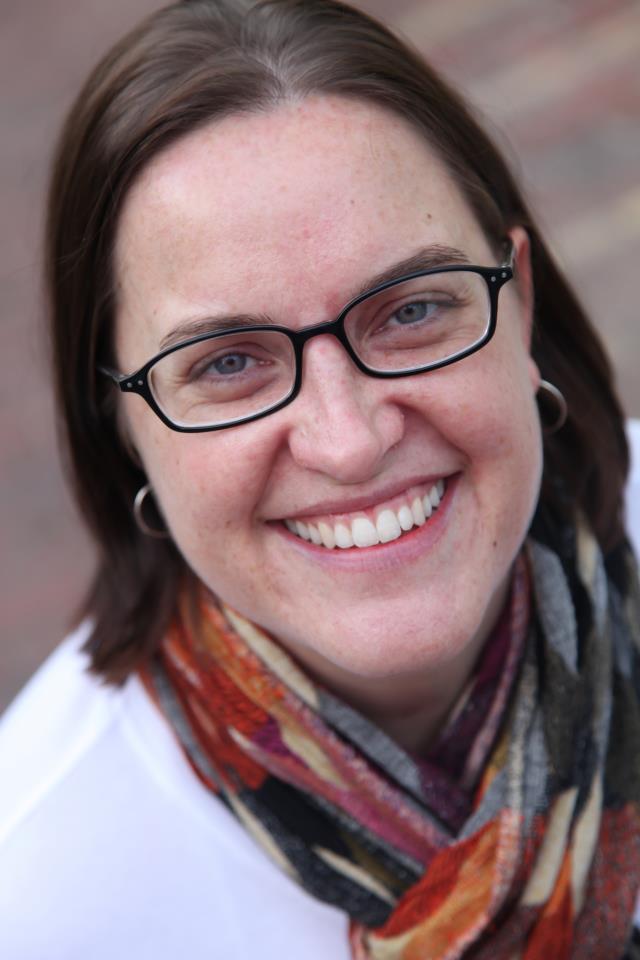Parshat Nitzavim, the first of this week’s double parshah, speaks powerfully to our fundamental human need for connection to each other and to Gd — and therefore to the isolation that is an anathema to it.
The covenant of Torah that began with the distant and dramatic display of Gd’s power at Mount Sinai is sealed here as Israel stands before (nitzavim lifnei) Gd. This immediacy of acceptance of Torah is in sharp contrast with the fear and trembling of receiving of Torah.
Indeed, part of that covenant, Moses says, is the ingathering of those who are dispersed, on earth and in heaven — underscoring the importance of physical proximity for this final step. For their part, the Israelites are to love Gd b’chol l’vavecha uv’chol nafshecha, “with all your heart and with all your soul” — a spiritual proximity.
Most vividly of all, the parshah ends with a poetic description of the location of Torah: It is not in heaven, and it is not across the sea. Lo re’khokah hi . . . ki carov eilecha . . . me’od: “It is not far off . . . but very close to you.” Torah is inside us, in our mouths and in our hearts.
Significantly, the Israelites stand together “to cleave” to Gd (u’ldavka bo). A list is actually enumerated: chiefs, elders, men, women, children, strangers. The breadth is staggering, as Gd promises this covenant with those present and with those absent (v’eit asher einenu bo). This is no individual teshuva: This is a community, everyone and everywhere, reaching out and hanging on to Gd.
And this is the capstone of Gd’s relationship with Gd’s people, whom Gd has been preparing since Abraham heard the call generations earlier. Covenant means relationship, and relationship means intimacy.
The summer, as part of my participation in T’ruah’s Rabbinical and Cantorial Student Fellowship in Human Rights, I interned at the Urban Justice Center’s Mental Health Project, working on its coalition for prison and jail reform in New York.
Currently, one of the main issues for advocates is the use of solitary confinement behind bars. The situation is bleak in New York, where isolation is regularly used as a punitive measure, and at rates above the national average — but the state is not unique in this practice.
Nationwide, there are estimated to be more than 100,00 people in segregation in prisons, jails, detention centers, juvenile facilities, and military installations. Terms can be days, weeks, months, years, or decades.
The U.N.’s Special Rapporteur on Torture has decried solitary confinement in the U.S. as such, and for good reason. People in solitary confinement are usually held in cells the size of a parking space — with no windows and doors with only food slots, through which communication with guards, therapists, and doctors is conducted — for 22 to 24 hours a day. Visits are severely curtailed, and TVs, radios, and books might not be allowed. As a punishment, solitary may be meted out for the most minor of infractions, and there is little oversight or accountability in the process.
Every study of the subject tells us that solitary confinement is an affront to humanity. In isolation, human beings suffer “irreparable emotional damage and extreme mental anguish,” in the words of one expert. After 12 years in solitary, one prisoner noted: “I lost the will to live. I lost hope . . . Day after day all I saw was gray walls, and over time my world became the gray box.”
What we learn in our parshah is that intimacy is required for relationship with Gd and community. What we learn in our prison system is that intimacy with either is impossible in solitary confinement.
Isolation of human beings for extended periods of time is an abomination, with heartbreaking emotional, psychological, and spiritual effects. The Torah calls us, in its final, poignant moments, to move close to Gd and to others. As a community, we must ensure that all of us are able to do so.
Solitary confinement is not worthy of us as a people in relationship with Gd.
To become involved in the response to solitary confinement, visit T’ruah’s website.
Salem Pearce is a third-year rabbinical student at Hebrew College and an alumna of the T’ruah Summer Fellowship in Human Rights Leadership. Prior to starting rabbinical school, she lived in Washington, DC, where she worked as a fundraiser for various nonprofits and volunteered with the DC Rape Crisis Center.

